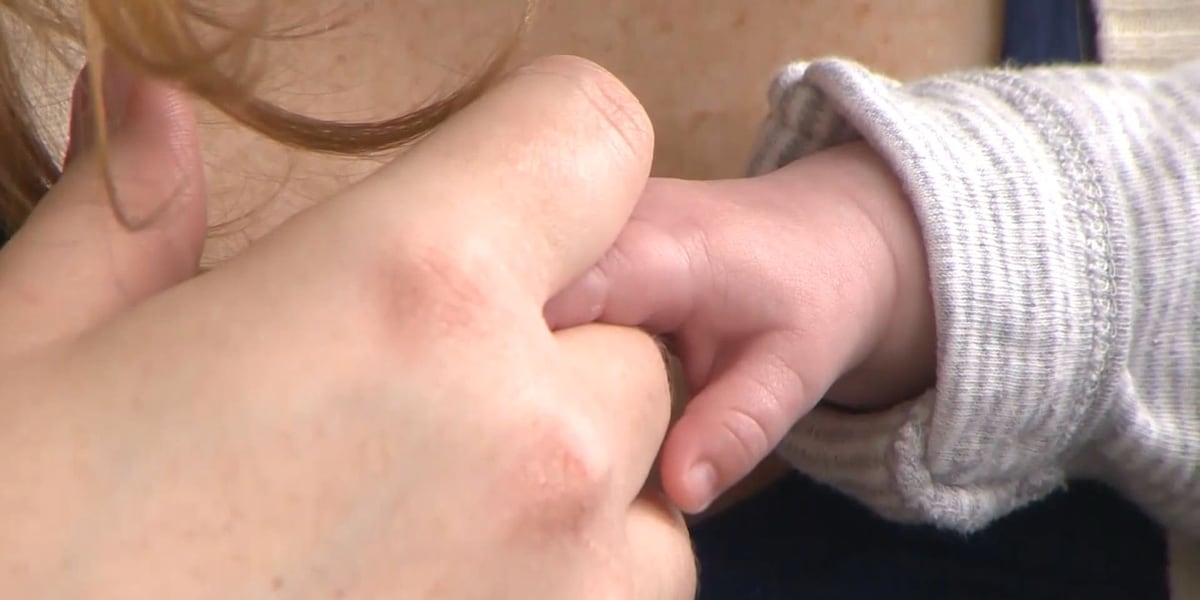Increased Maternal Mortality in Arizona

The United States faces a critical issue with the highest rate of maternal deaths among high-income nations, a concerning trend despite medical advancements. Contrary to past assumptions focusing on childbirth complications, current data reveals that approximately two-thirds of these deaths occur postpartum, within 42 days after birth. Arizona, in particular, reflects this alarming statistic, prompting a closer look into the factors contributing to this crisis.
Hilary, a mother of two, shared her personal experience of a traumatic delivery compounded by the onset of the pandemic, which disrupted her support system and negatively impacted her mental health. She described feeling overwhelmed and disconnected, struggling with depression and fatigue. Hilary emphasized the importance of seeking help, a turning point facilitated by therapist Sherry Duson, who also survived postpartum depression. Duson now collaborates with the Tucson Perinatal Mental Health Coalition, an organization dedicated to providing essential resources for mothers.
Duson highlights the significance of mental health, stating that mental health complications are the leading issue during pregnancy and childbirth. Echoing this concern, Arizona's maternal death rate has quadrupled since 2019, reaching a six-decade high, according to Gov. Katie Hobbs. Mental health issues, including substance abuse, domestic violence, and self-harm, are major contributors to this increase.
Erin McMahon, founding director of the University of Arizona Nurse Midwife Program, emphasizes the historical role of community support in postpartum care. Midwives, integral to care in countries with lower maternal death rates, offer continuous support that is often lacking in the United States. McMahon points out that while other countries provide home visits and ongoing care in the initial weeks after birth, the U.S. often schedules the first postpartum visit six weeks after delivery, a significant gap in care.
The lack of continuous care significantly contributes to preventable deaths, with 90% of maternal deaths considered avoidable. McMahon stresses the devastating impact of these losses on families and communities. Hilary's access to support and a partner played a crucial role in her recovery, highlighting the disparities in access to care across Arizona. La Paz and Greenlee Counties lack obstetric providers, and accessing services in western Arizona requires traveling to Yuma, a journey that some women may not survive. McMahon urges a shift away from blaming women, advocating for systemic changes to address these challenges.
Women of color and Native women are disproportionately affected, facing a three times higher risk of death associated with childbirth. In response, Arizona has extended Medicaid coverage to a year postpartum, following recommendations from the Arizona Maternal Mortality Review Committee. However, potential funding cuts threaten this progress.










